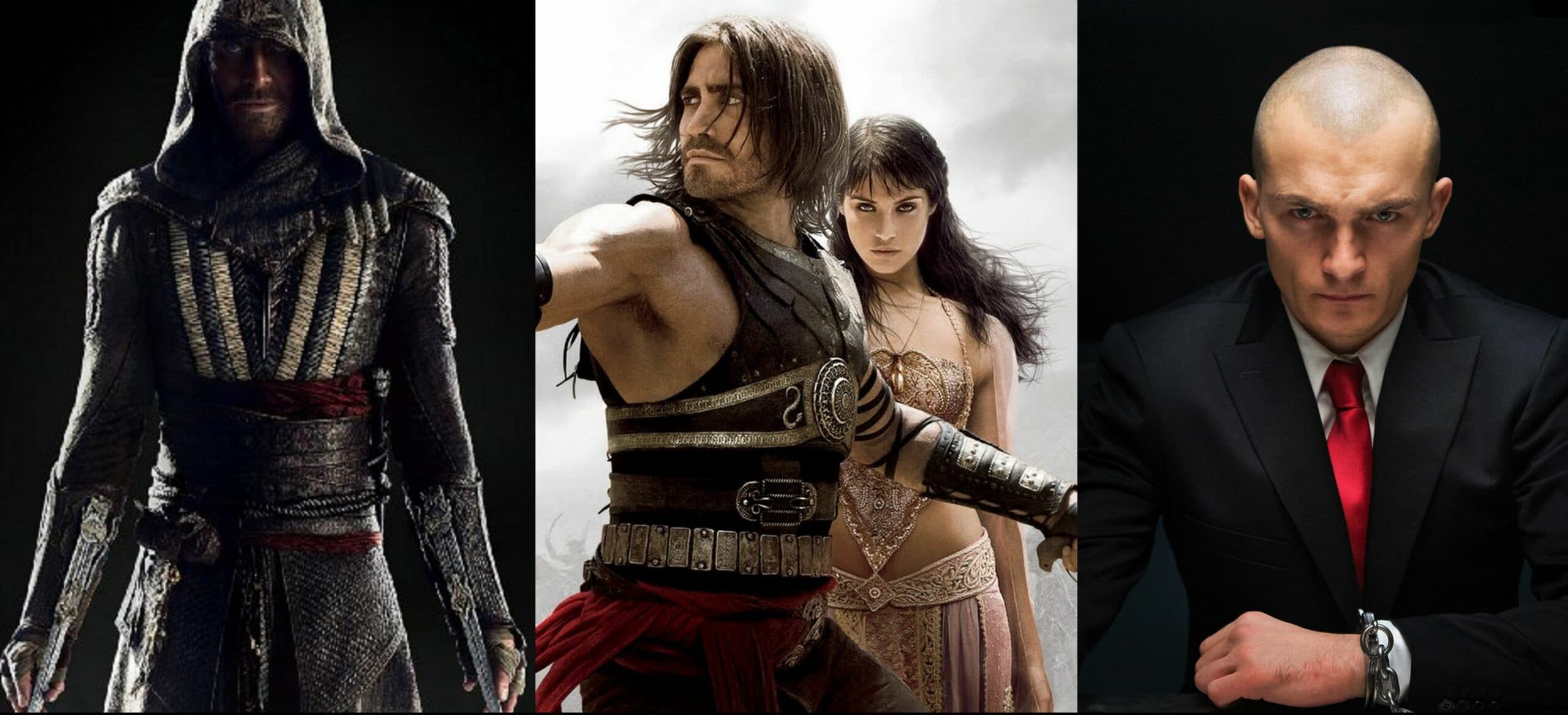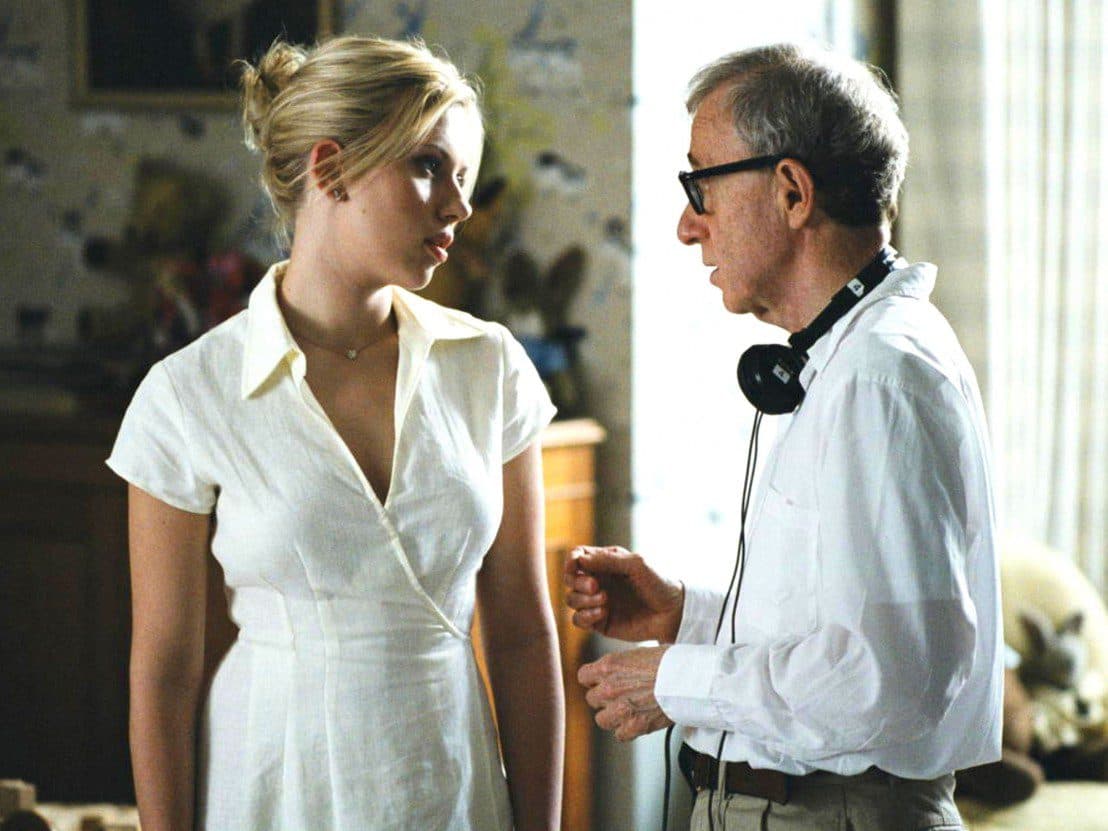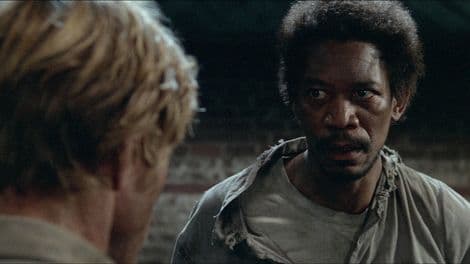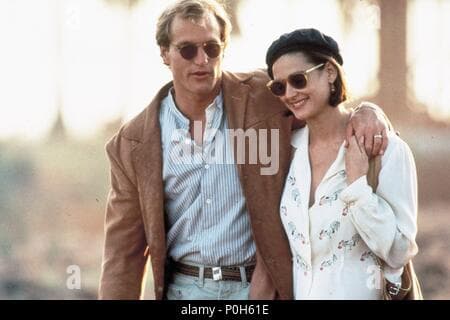Decoding Willy Wonka: More Than Just a Chocolate Factory
Willy Wonka. The name evokes swirling chocolate rivers and mischievous Oompa Loompas. But behind Roald Dahl's sugary world lies a complex reality. Forget the golden ticket; we will explore Willy Wonka. From hidden meanings to real-world inspirations, there are intriguing fan theories. Buckle up!
Is 'Willy Wonka and the Chocolate Factory' Actually Good? And What's the Real Message?
Let's start with the basics. Is the 1971 classic, Willy Wonka and the Chocolate Factory, a good movie? Yes. It's cinematic treasure. Gene Wilder embodies Wonka's eccentricity and intensity. The visuals are stunning, even now, and the songs leave a mark (try to forget "Pure Imagination"). But what's the deeper meaning?
Many view Willy Wonka and the Chocolate Factory as a moral tale. It conveys lessons on greed, selfishness, humility, and hard work. The 'bad' children – Augustus, Veruca, Violet, and Mike – face punishment for their actions. Augustus, the glutton, falls. Veruca, the brat, is tossed down a chute. Violet turns into a blueberry. Mike shrinks. Subtle, right? Probably not so much for Dahl.
The message echoes karmic justice. "A person will eventually receive the consequences of their actions." This theme combines dark humor and childlike wonder. Charlie Bucket contrasts the others. Poor yet honest, kind, and appreciative, he embodies virtue. In the end, he wins the chocolate factory. That's a sweet deal.
This karmic idea gets reinforced by emphasizing hard work. Charlie does not just rely on luck; he works hard and stays honest. He sells newspapers for his family. He exhibits gratitude and humility during the tour, even facing temptations. This resonates with audiences, echoing the belief that effort and integrity win in the end.
The Scariest Scene and the Moral Compass of Willy Wonka
Now, let's explore the spooky moments. For a children's film, Willy Wonka and the Chocolate Factory holds unsettling scenes. The boat ride through the psychedelic tunnel often ranks as the scariest. The rapid imagery, Wilder’s manic recitation of dark poems, and chaotic atmosphere create a nightmare sequence. It's unforgettable, showing that darkness lurks in imagination.
What of Wonka himself? Is he moral? He appears enigmatic but has a unique moral compass. On the surface, he values honesty, integrity, and wonder. He punishes the children for their wrongs and rewards Charlie for being good. But this creates a moral framework filled with his peculiar brand of justice.
Yet some argue Wonka's methods can seem cruel. He places children in dangerous situations and appears unfazed by their misfortunes. Is he testing them or hiding darker tendencies? This ambiguity makes him compelling. He isn't simply good or evil; he exists in a moral gray area.
Why the 'Wonka' (2023) Prequel Didn't Quite Hit the Sweet Spot for Everyone
Fast forward to 2023, where we find Wonka with Timothée Chalamet. It's visually appealing yet may miss that magical spark for some viewers. Why the mixed reactions? Some critics opine that while it resembles Wonka, it "lacks substance." The story feels "predictable," missing depth compared to original films. Others find characters underdeveloped, lacking investment.
This critique emphasizes differences between Willy Wonka's original tale and its prequel. The 1971 and 2005 adaptations thrived on Wonka's enigmatic nature and consequence-laden humor. Wonka (2023), by humanizing the character and providing backstory, arguably diluted the mystery and edge that captivated audiences. Sometimes, too much knowledge dims the magic.
Decoding the Enigma: Willy Wonka's Character Analysis
Now, let's delve deeper into Willy Wonka. Is he a hero? A villain? Or something in between? The answer is layered and complex.
Willy Wonka: Villain or Virtuoso? Exploring His Moral Ambiguity
People have debated whether Willy Wonka is good or evil for years. Some lean towards a more villainous view. Early Dahl drafts featured a darker Wonka, one who "kill[ed] children and use[d] their body parts for candy." Thankfully, the published version toned this down but retained hints of darkness.
In the films, Wonka exhibits a distinct "dark side." He acts secretively and controls events with detached amusement, even in perilous situations. He operates outside conventional morality with perplexing logic. This ambiguity is essential to his character. He is not merely a villain or saint but entirely his own category.
The Willy Wonka Syndrome: Eccentric Genius or Something More?
Willy Wonka's peculiarity has sparked unofficial psychological theories. The concept of "Willy Wonka syndrome" connects to "schizotypal personality disorder," noted for "eccentric thinking and style." Sounds fitting? Wonka's awkwardness, odd factory, bizarre creations, and detachment echo this "syndrome."
This isn't a clinical diagnosis. It's an interesting interpretation showcasing Wonka's complexity. His quirks might hint at deeper psychological themes rather than whimsy alone. Whether he’s a misunderstood genius or has genuine quirks remains open for interpretation, adding depth to his enigmatic persona.
The Serial Killer Theory: A Dark Chocolate Twist on Wonka
For those who prefer bitter chocolate twists, there’s a fan theory suggesting Willy Wonka is a serial killer. This idea plays up his "solitary nature," arguing he “intentionally chose his victims" for the factory tour. The “calm reactions of Wonka and the Oompa Loompas during dangerous moments" suggest this theory. Who else would respond to a child in peril with song?
This theory is dark and outlandish but touches unsettling truths beneath Wonka’s world. It shows how complex his character is, inspiring interpretations from kind benefactor to possible psychopath. This theory might not have been Dahl's intent but adds a deliciously dark layer to Wonka's mythos, perfect for those who savor existential intrigue.
dread.
Wonka's Gender, Real-Life Basis, and Metaphorical Meanings
Willy Wonka is male. Descriptions use "he." Casting calls seek a "male" actor, stage age "30 to 45." His identity remains unquestioned in the narrative.
Wonka isn't based on a single person. He draws inspiration from varied sources. Roald Dahl's childhood experiences with chocolate factories influence him. Rivalries in the chocolate industry contribute too. Wonka represents the eccentric inventor archetype from cultural narratives.
The chocolate factory might symbolize "the kingdom of heaven." Wonka illustrates the divine creator. The factory resembles paradise, filled with wonders and ruled by a mysterious figure. The golden ticket signifies divine grace, granting access to an extraordinary realm. This metaphorical view offers spiritual depth, raising it above a child's tale.
Wonka's Anger at Charlie: Contract Law and Fizzy Lifting Drinks
Wonka's anger at Charlie is notable. Charlie "broke the rules of the factory tour by drinking a Fizzy Lifting Drink." This infraction constitutes "theft," violating "the contract all the children signed." Contract law exists in this chocolate factory.
This scene shows Wonka's strict rule adherence, though arbitrary. Charlie's innocent curiosity meets with disproportionate anger from Wonka. "Charlie's drinking amounted to theft, so he violated the contract and gets nothing." Ouch. Wonka dismisses Grandpa Joe with "Good day, sir!" Even in imagination, rules exist, particularly with Willy Wonka.
The Betrayal of Willy Wonka: Corporate Espionage and Stolen Recipes
Wonka’s reclusiveness stems from betrayal. "Spies Steal Willy Wonka's Secrets." Slugworth, a rival chocolatier, betrays him. Candy manufacturing involves serious corporate espionage. Slugworth "sent in spies to steal secret recipes, posing as workers for Wonka." This betrayal led Wonka to isolate his factory for years.
Delving into Details: Characters and Their Actions
Character actions shape story themes and messages.
Why Are the Grandparents Always in Bed? A Symbol of Frailty and Hope
Why are Grandpa Joe and others always in bed? It’s a deliberate choice. They are extremely old and tired. Their frailty makes their bed the center of their world. When Grandpa Joe leaps from bed upon hearing about Charlie's golden ticket, it emphasizes "how much Charlie's golden ticket means." It's joy and hope from Charlie's good fortune.
Wonka's Final Words to Charlie: Respect, Genuineness, and the Heir Apparent
What does Mr. Wonka tell Charlie at the end? It was life-changing. "Wonka tells Charlie he receives the chocolate factory for his respectful behavior." Charlie's politeness and empathy set him apart from others. "The tour was designed for Charlie to find a worthy heir." The factory tour serves as an elaborate audition. Charlie, with his "inherent genuineness," is the only success.
Veruca Salt's Downfall: Demands, Squirrels, and the Garbage Chute
Veruca Salt illustrates spoiled entitlement. Her downfall arises from her demand for a squirrel. "When Mr. Wonka denies her, she races into the Nut Room to grab one herself." This blatant disregard for rules seals her fate.
What happens to Veruca Salt? Justice comes from the Oompa Loompas. "Squirrels throw Veruca into the garbage chute after she tries to take one." The squirrels know she is a "bad nut" and dispose of her. It’s dark comedy, a fitting end for spoiled entitlement.
The Fate of Violet Beauregarde's Actress and the "Nasty Girl"
What happened to Violet's actress? Denise Nickerson passed away in 2019 "after complications from seizures and a stroke." She remains iconic for her gum-obsessed Violet portrayal.
The "nasty girl" is Veruca Salt, played by Julie Dawn Cole. Her role cements Veruca as the spoiled rich girl, linked forever with demanding parents and her fall down the garbage chute.
The Five Kids as Cardinal Flaws: Gluttony, Rudeness, Selfishness, and Television Addiction
The five golden ticket winners exemplify character flaws. "Four of the five kids represent cardinal flaws." Augustus Gloop shows "Gluttony." Violet Beauregarde is "Rudeness." Veruca Salt reflects "Selfishness." Mike Teevee hints at "Television Addiction." Charlie, virtuous and contrastingly perfect, emphasizes the film’s moral lessons.
Wonka's Love Interest (or Lack Thereof): Noodle and His Mother
Does Willy Wonka have a love interest? In 2023's Wonka prequel, there is a hint with Noodle, "an orphan that Mrs. Scrubbit keeps as a servant." It feels platonic; "no film could be more devoid of sexual tension." His emotional connection links primarily to his late mother, shown in flashbacks by Sally Hawkins.
Behind the Scenes: Production and Inspiration
The magic of Willy Wonka has real-world inspirations. Behind the scenes, choices shape what we know of the films.
The Real Story Behind 'Charlie and the Chocolate Factory': Chocolate Wars and Childhood Dreams
What's the story behind Charlie and the Chocolate Factory? It combines real events and personal experiences. "Charlie and the Chocolate Factory by Roald Dahl draws from chocolate wars and his own childhood dreams."
The "real-life chocolate wars" inspire Dahl. They involve "the real conflict between Cadbury and Rowntree in the 1920s." Intense competition arose from factories sending spies to steal secrets. This espionage instigated Slugworth’s character and Wonka's threat of recipe theft.
Dahl's "childhood experiences" shaped his work too. At Repton School, "Cadbury sent samples to students in plain packaging for feedback."
Dahl's imagination sparked from chocolate. He pictured himself in a factory, crafting the perfect treat. These fantasies laid the foundation for his famous novel.
The book's message? Life is karmic. This theme recurs throughout. Its appeal resulted in numerous adaptations. Notable ones include the 1971 classic, the 2005 Tim Burton version, and the 2023 prequel, Wonka.
The Oompa Loompas: Labor, Anxiety, and Outsourcing
What do Oompa Loompas symbolize? Their role is complex. In the 2005 film, "the Oompa Loompas..." connect to white anxiety and labor. They represent anxieties surrounding outsourcing and a changing economy. Instead of people immigrating, "jobs are migrating due to outsourcing." This adds social commentary on contemporary globalization and labor issues.
What Was Eating the Oompa Loompas? Whangdoodles and Factory Hazards
Before working in Wonka's factory, Oompa Loompas faced dangers in Loompaland. "A whangdoodle would eat ten Oompa-Loompas for breakfast." Whangdoodles, along with Snozzwangers and Hornswogglers, threatened Oompa Loompas. Wonka provided them refuge and safety in his factory.
Charlie Bucket's Original Race: A Lost Piece of Dahl's Vision
Did you know Charlie Bucket was almost Black? "Felicity Dahl told the BBC that Dahl's early draft featured a Black Charlie." This information adds depth. His agent persuaded him to change Charlie to white. Mrs. Dahl called this “a shame.” It prompts reflection on a different narrative, considering the 1960s context.
Deep Roy's Million-Dollar Oompa Loompa Gig
Deep Roy's role as all Oompa Loompas in the 2005 film was challenging. How much did he earn for this? "$1 million." Roy portrayed "165 characters," repeating "the same movements repeatedly." Digital effects created the illusion, with "each Oompa Loompa showcasing different performances by Roy." It required great effort and skill, rewarding him with fame.
Wonka's Origins: History and Backstory
To grasp Willy Wonka, we must explore his backstory—his age, motivations, and formative experiences.
Wonka's Age Across Films: From Young Prodigy to Enigmatic Master
How old is Willy in the films? It varies. Gene Wilder was "38 during filming" in 1971. The character may be older because of experience. Timothée Chalamet portrays a younger Wonka, "a 22-year-old Willy Wonka," in the 2023 prequel. This version shows an ambitious young man, contrasting the later reclusive Wonka.
Wonka's Reclusivity: Spies, Stolen Recipes, and Distrust
Why did Wonka isolate himself? It was more than a preference; it was defensive. "In the book, Wonka is a wealthy chocolatier recluse." He shut down his factory "three years prior due to spies seeking his recipes." This betrayal led to his distrust and self-imposed isolation within the factory.
The Loss of Wonka's Mother: A Prequel's Emotional Core
The 2023 prequel sheds light on Wonka's trauma. What happened to his mother? "His mother died from illness when he was young." This loss shapes his dreams and motivations. His goal to craft magical treats reflects his desire to honor her memory and recapture childhood joy.
Remembering Gene Wilder: The Iconic Wonka
Any discussion of Willy Wonka must mention Gene Wilder, whose portrayal became iconic.
Gene Wilder's Passing: Alzheimer's and a Legacy of Laughter
How did Gene Wilder die? He passed "due to complications from Alzheimer's disease." Wilder was a comedic legend who collaborated with Mel Brooks and Richard Pryor. He died in 2016 at 83. His legacy of laughter continues, especially as Willy Wonka.
Wilder's Age and Alzheimer's Battle: A Private Struggle
How old was Wilder when he died? Wilder was 83. How many years did he battle Alzheimer's? He was diagnosed "three years before he died," but kept this knowledge private. This struggle adds depth to his later years, highlighting the fragility of beloved figures.
Wilder's Last Words: Trust, Love, and "Somewhere Over the Rainbow"
What were Gene Wilder's last words? They were simple yet profound: "I trust you" and "I love you." His widow, Karen Boyer, reported these words while listening to Ella Fitzgerald's "Somewhere Over the Rainbow." This glimpse reveals the gentle soul behind the comedic genius.
Richard Pryor and Johnny Depp: Connections to Wilder and Wonka
While remembering Wilder, let’s mention other figures tied to his career and Wonka. How old was Richard Pryor when he died? He was 65. Pryor and Wilder shared comedic chemistry. Johnny Depp, who played Wonka in 2005, was "30 years old," younger than Wilder during his portrayal.
Beyond the Factory Gates: Other Wonka Details
Now, let's discuss other details and controversies around the Wonka universe.
The Willy Wonka "Scandal" of Glasgow: AI-Generated Dreams and Warehouse Reality
What is the Willy Wonka scandal? This event in Glasgow was labeled "an immersive family experience." It featured "dreamlike" "AI-generated images" promising a magical experience. However, reality fell short in "a sparsely decorated warehouse," causing complaints and even "police intervention." This serves as a cautionary tale about unrealistic expectations.
The Disappearance of the Wonka Bar: Demand, Discontinuation, and Ferrero's Legacy
Why is the Wonka bar missing? Despite its popularity, it had a rocky existence. "In 2005, when the film released, demand surged, but bars were discontinued in January 2010." "Ferrero Group owns the Wonka Bars name," but they remain absent in the U.S., reminding us of the fleeting nature of candy.
The Bucket Family's Starvation: Poverty and the Toothpaste Factory Closure
Why did the Bucket family face starvation? Their poverty is central to the story. "Mr. Bucket lost his job when the toothpaste factory closed and couldn't find work." This loss leads to dire conditions as "his meager earnings can’t feed the family."
The Bucket family's struggle emphasizes the story's real-world stakes. Charlie's golden ticket symbolizes hope amid poverty and despair.
From moral lessons to real-world issues, Willy Wonka's world captivates us all. It illustrates the lasting impact of Roald Dahl's imagination, where stories and chocolate merge with the bizarre.












Responses (0 )